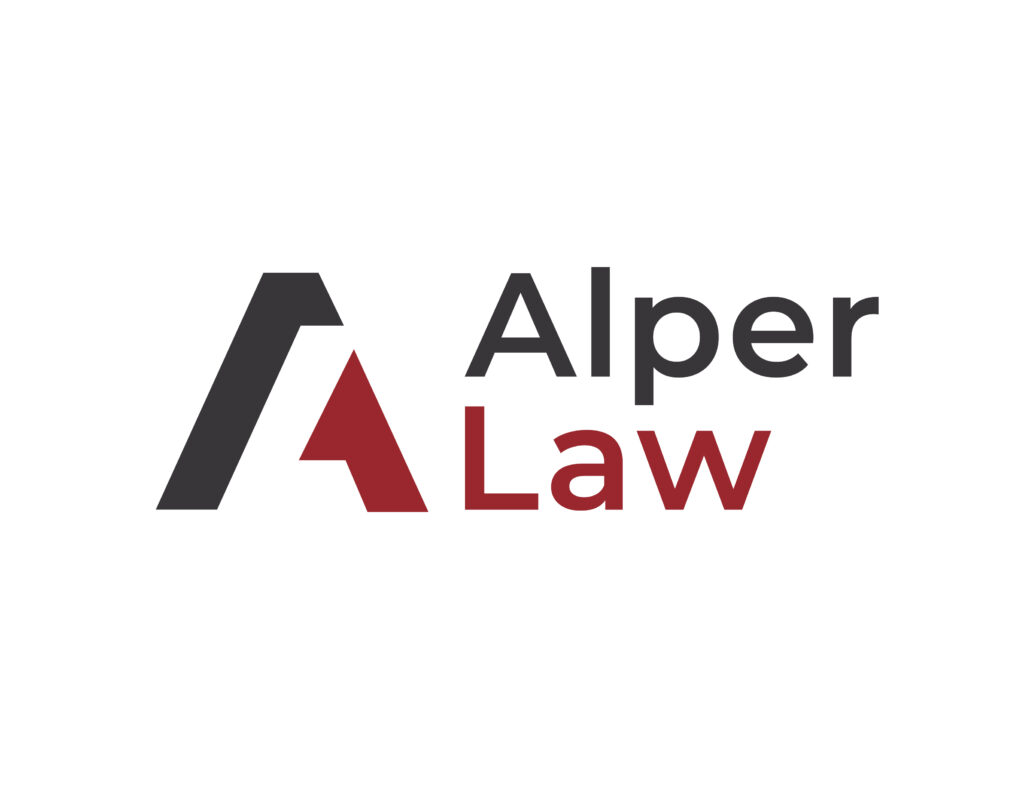In Florida, a creditor cannot take your house if it qualifies as your homestead. Florida law provides some of the strongest homestead protections in the country, shielding a primary residence from most types of creditor claims.
However, this protection is not absolute. There are specific exceptions where a creditor can force the sale of a homestead.
Homestead Protection in Florida
Florida’s homestead exemption is embedded in Article X, Section 4 of the Florida Constitution. It protects a person’s primary residence from forced sale by creditors, regardless of the home’s value, as long as the property does not exceed a half-acre within a municipality or 160 acres outside a municipality.
A Florida homestead is protected from credit card debt, personal loans, medical bills, business debts, credit card debt, personal injury claims, and civil judgments.
If a creditor obtains a judgment against you, they cannot force the sale of your homestead to satisfy that judgment so long as the property qualifies for homestead protection.
We help protect your assets from creditors.
Jon Alper and Gideon Alper are nationally recognized experts in asset protection planning with over 50 years of combined experience. They provide all services remotely by phone or Zoom.

Creditors Who Can Take Your House
There are some exceptions to Florida’s homestead protection. The following types of creditors can still take your home under certain circumstances:
1. Mortgage Lenders
If you borrow money to buy or refinance your home, the mortgage agreement allows the lender to foreclose on the property if you default. Florida law does not protect a homestead from foreclosure by a voluntary mortgage.
2. Property Tax Authorities
The county tax collector can file a tax lien and eventually conduct a tax deed sale if you fail to pay property taxes. Homestead protection does not prevent tax authorities from selling the home to recover unpaid taxes.
3. Construction or Mechanic’s Liens
Contractors, subcontractors, or suppliers who performed work or provided materials to improve the home may record a construction lien. If not paid, they can foreclose the lien and force the sale of the property, including a homestead.
4. Pre-existing Homeowners’ Association (HOA) or Condo Liens
Homeowners’ associations or condominium associations may foreclose for unpaid assessments. If the lien predates homestead status or is authorized under the association’s declaration, it can override the homestead protection.
What About Judgment Creditors?
A creditor who wins a lawsuit and obtains a money judgment cannot force the sale of your Florida homestead.
While a judgment creditor cannot take your home, they can record a certified copy of the judgment in the county where your property is located. This creates a judgment lien that has no practical effect as long as the property remains your homestead. You can still sell the home using the Notice of Homestead Sale process.
Protecting Proceeds from a Home Sale
The money you receive from selling a protected homestead is exempt from collection, but only if you show an intent to reinvest the proceeds in a new Florida homestead within a reasonable time.
To preserve the protection, you should keep the funds in a separate account, not mix them with other money, and demonstrate an intent to use the funds to buy another Florida homestead
Once you buy a new homestead, the remaining funds lose their exemption status.
Can Creditors Take a Rental Property or Second Home?
The homestead protection only applies to your primary residence. Investment properties, vacation homes, and second homes are not exempt from creditor claims. A creditor with a judgment can levy, seize, and force the sale of non-homestead real estate.
Can You Purchase a Florida Homestead After a Judgment Is Entered?
Yes, you can purchase a new Florida homestead even after a civil judgment is entered against you. The new homestead will be protected from the judgment. The Florida Supreme Court has ruled that the purchase of a Florida homestead cannot be unwound as a fraudulent conveyance or conversion even if the intent in purchasing the home was to avoid payment of the judgment.
Sign up for the latest information.
Get regular updates from our blog, where we discuss asset protection techniques and answer common questions.
Please enable JavaScript in your browser to submit the form
Publisher: Source link












